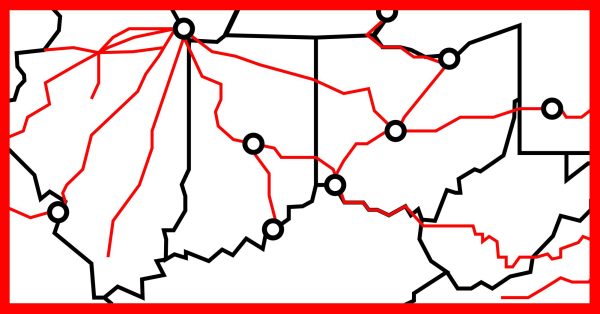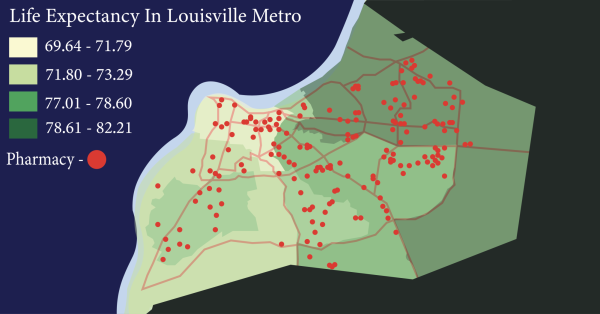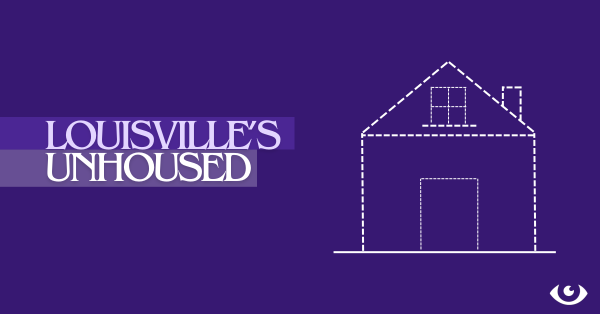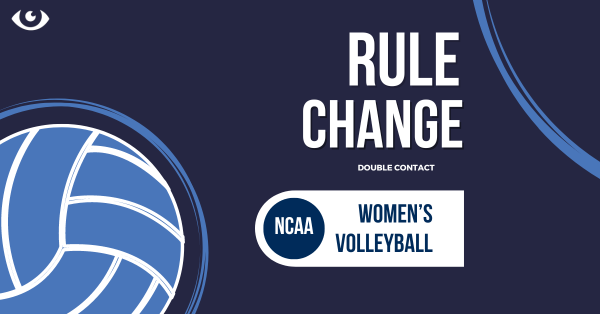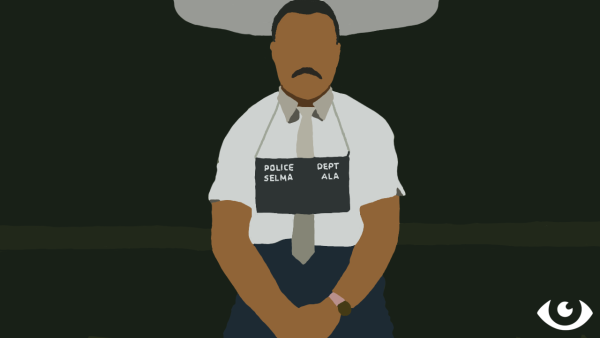OPINION: It’s scary how much the web knows about you
January 28, 2020
The internet is a dangerous place. I’m not referring to scams or the infamous dark web, but rather the amount of data the sites you visit all the time have about you. Companies practically know you better than you know yourself from your online activity, and that is dangerous. Let’s look closer at what some mega corporations know about you, and why you should take note.
The simple answer to what these companies know about us is a lot. Let’s start with a popular social media platform, Twitter. Twitter saves every tweet you ever post, and your location at the time it was posted. It knows your age, gender and home city. It knows where you’ve been recently, It knows what topics you’re interested in and will share this info with companies to send you targeted ads. They know what accounts you’ve blocked, and allow apps to access to your Twitter account.
The thing is though, none of it is info Twitter has “stolen” from you. You openly give this information by signing up and using that. This can be a bad thing though for ads and spending your money. You can be targeted by ads that attempt, and often succeed, at showing you products you didn’t even know you wanted. It knows a significant amount about where you normally are, and it keeps track of everything you’ve ever said on the platform. But this is only the tip of the iceberg. Let’s head deeper: what does Amazon know about you?
Amazon
Amazon knows a decent amount as well. It has every purchase you’ve ever made, every address you’ve lived or worked at since becoming a customer, your product browsing history, your debit and credit card information and builds custom lists of hundreds of items it thinks you’d be interested in purchasing. Amazon knows every device on which you’ve ever visited it’s Prime Video service. It has every WiFi password saved on an Amazon device and a list of everything you’ve ever asked your Amazon Alexa.
This is even creepier. Again, nothing you haven’t given Amazon at some point, but we’re getting into even more dangerous territory. Specific purchase history, partial credit card info, WiFi passwords and everything you’ve asked of Alexa. This could be dangerous to your bank accounts, allow even more targeted advertising and allow strangers access to your WiFi. But we have one more contender to enter the ring. What does Google have on us?
Google might just take the cake. Google knows all your recent searches, every site you’ve visited, every YouTube video you’ve watched, where you work, where you live, all kinds of your personal interests, what devices you own and more. They know exactly where you’ve been while using Google on a device.
This information is more subtly concerning. It doesn’t allow access to your credit cards, but it has piles and piles of data about every site and video you’ve ever watched and every place you’ve been with your Google enabled device. This information could be used for blackmail, stalking, kidnapping and the list just goes on. It once again revolves around targeted ads, but here it’s even more extensive. Hackers could get access to data from almost every aspect of your life if your online accounts are breached.
How to protect yourself
What’s the take away from all of this? We should be very careful with our online accounts and data. I’m not advocating for deleting all your internet connected apps and throwing your phone into a fire, but it would be in our best interests to keep our accounts under top-notch protection. Unfortunately, this lack of online privacy seems to be a prerequisite for interacting with the web.
You can always use a vpn and check your settings on these platforms to reduce the amount of info they have stored about you to keep you more secure, among other measures. Another way to protect yourself is to change your passwords occasionally and not use obvious things. You should always refrain from using significant numbers like your birthday or any part of your social security number. You should also stay as far away from personal names whether that be your own or a family member’s.
The world of social media and online shopping seems dangerous with all the information you put out there, but with some precautions you should be okay. You should also check if any of the platforms or places you go through have had a security breech. If so, it’s wise to freeze your accounts, change your information and use it as little as possible.
Let’s just hope it never comes to that.
Featured Image Citation: “Binary_Back” by Benjamin.doe . is licensed under Creative Commons Attribution-NoDerivs 2.0 Generic. No changes were made to the image. Use of this photo does not indicate photographer endorsement of this article.










